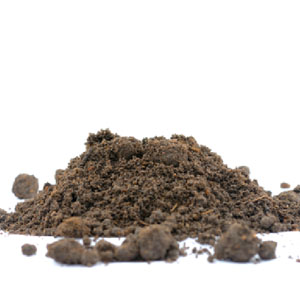Reasons Why Houses Settle

Cause of Settling on Your Foundation
Have you ever suspected that an unidentified sound is actually your house settling? This could be exactly the case, as homes do indeed settle on their foundations over time. Settling can have many causes, but while some amount of sinkage is expected, extreme or uneven settling can crack your foundation and require repair work.
Soil Compaction
Your foundation sits within the soil surrounding your home. Soil that is poorly compacted facilitates more settling than soil that has been well tamped. During the building process, if the soil around your home is not tightly packed, it can settle later on due to weather or temperature changes. This process causes the home to sink below its original elevation.
Soil Type
Soils that are primarily clay-based experience expansion and contraction with temperature and moisture. When the soil expands, it causes upheaval, which lifts all or part of your foundation. Later, when the soil contracts, it causes the home to settle. This process may happen unevenly, which can crack or otherwise damage your foundation. Conditions such as drought, flooding, and extreme heat or cold can cause high stresses on your home when clay-based soil expands or contracts by a large degree.
Water
If the soil around and under your home becomes saturated with water, this can change its stability and other properties. Water is often a main source of settling, cracking, and leaking within your foundation. Poorly-routed gutters and nearby tree roots can both impact the moisture content in your soil and lead to settling of the foundation and home.
At Structured Foundation Repairs, Inc., we can help you identify the cause of your foundation problems and provide fast and efficient repairs. You can schedule a free assessment for your home, business, or commercial complex in the Dallas or Fort Worth area by calling 972-484-1200. We invite you to peruse our blog to learn more about foundations and the factors that affect their integrity.
